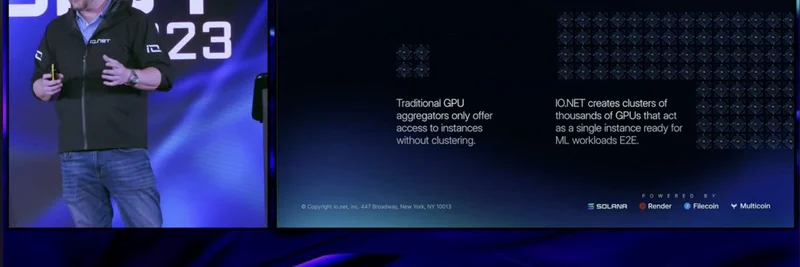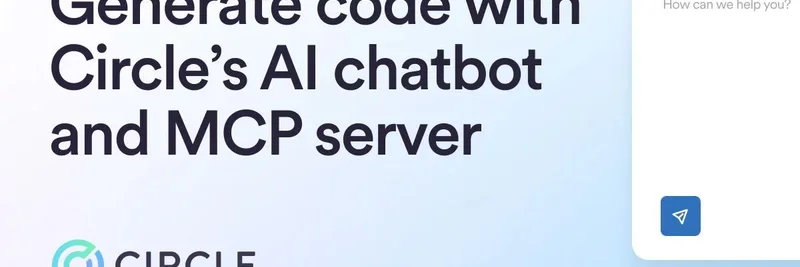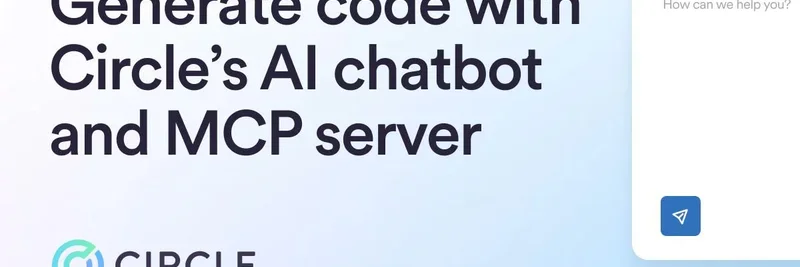Hey there, crypto enthusiasts! If you’re diving into the world of blockchain development, you’ve probably heard about the importance of GitHub. Recently, a gem of wisdom dropped during a Solana community call on the Blueshift Discord that’s worth exploring. The tweet from David | crypto/acc (@dhkleung) quotes Chaseeb (@therealchaseeb), who shared some actionable advice: "Build your wins, fails, and losses all the time. And one day, it will all make sense, and opportunities will come to you." Let’s break this down and see how it applies to your journey in the crypto space, especially with the Solana ecosystem!
What’s the Buzz About?
This advice came straight from a Solana community call, a monthly gathering of core protocol developers hosted by the Solana Foundation. These calls, as noted in the Solana Foundation GitHub repo, focus on discussing development updates, future features, and aligning standards across validator clients. Chaseeb’s comment highlights a key strategy for blockchain developers: consistently working on your GitHub repositories, even when things don’t go as planned.
For those new to the term, a GitHub repository is like a digital workspace where developers store, manage, and collaborate on code. Think of it as your online portfolio that showcases your projects, experiments, and even your mistakes—yes, mistakes! Chaseeb’s point is that documenting both your successes and failures can pave the way for growth and unexpected opportunities.
Why GitHub Matters in Crypto
GitHub isn’t just a tool; it’s a community hub. According to insights from the Darkex Official Academy, it’s a catalyst for innovation in blockchain development. By sharing your code publicly, you invite feedback, attract collaborators, and even catch the eye of potential investors. For Solana developers, this is especially relevant since the ecosystem thrives on open-source contributions.
Imagine forking a project (creating your own version to experiment with) or cloning a repo to test new ideas. These actions, made easy on GitHub, let you play around with Solana’s high-speed blockchain without starting from scratch. Plus, a well-maintained GitHub profile can be your ticket to joining communities like Blueshift, which offers top-notch training and support for Solana devs.
Turning Failures into Wins
Let’s talk about the “fails and losses” part. In crypto, not every project takes off—meme coins like Dogwifhat or Shiba Inu have their ups and downs, but they teach valuable lessons. By logging these experiences in your GitHub, you create a narrative of resilience. Future employers or collaborators can see how you’ve iterated and improved over time.
Chaseeb’s advice aligns with the idea that persistence pays off. The Solana community call, which was teased in a related tweet by Dean (@deanmlittle) about missing the call, underscores how active this ecosystem is. Staying engaged—whether through calls or coding—keeps you in the loop for opportunities like hackathons or partnerships.
Practical Tips for Beginners
Ready to start? Here’s how you can apply this wisdom:
- Set Up Your Repo: Create a GitHub account and start a new repository for your Solana project. Add notes or comments to track your progress.
- Document Everything: Whether it’s a successful smart contract or a bug you fixed, write it down. This builds your story.
- Engage with the Community: Join the Blueshift Discord or follow Solana’s YouTube channel for call recordings to stay inspired.
- Learn from Others: Explore public Solana repos on GitHub to see how seasoned devs structure their work.
The Bigger Picture
This advice isn’t just for tech wizards—it’s for anyone in the meme coin or blockchain space looking to grow. At Meme Insider, we’re all about helping you navigate this wild world. Chaseeb’s words remind us that every line of code, every failed attempt, is a step toward mastering the craft. So, grab your keyboard, start building, and who knows? Your next GitHub commit might just land you a spot in the Solana spotlight!
What do you think about this approach? Drop your thoughts in the comments, and let’s keep the conversation going!




